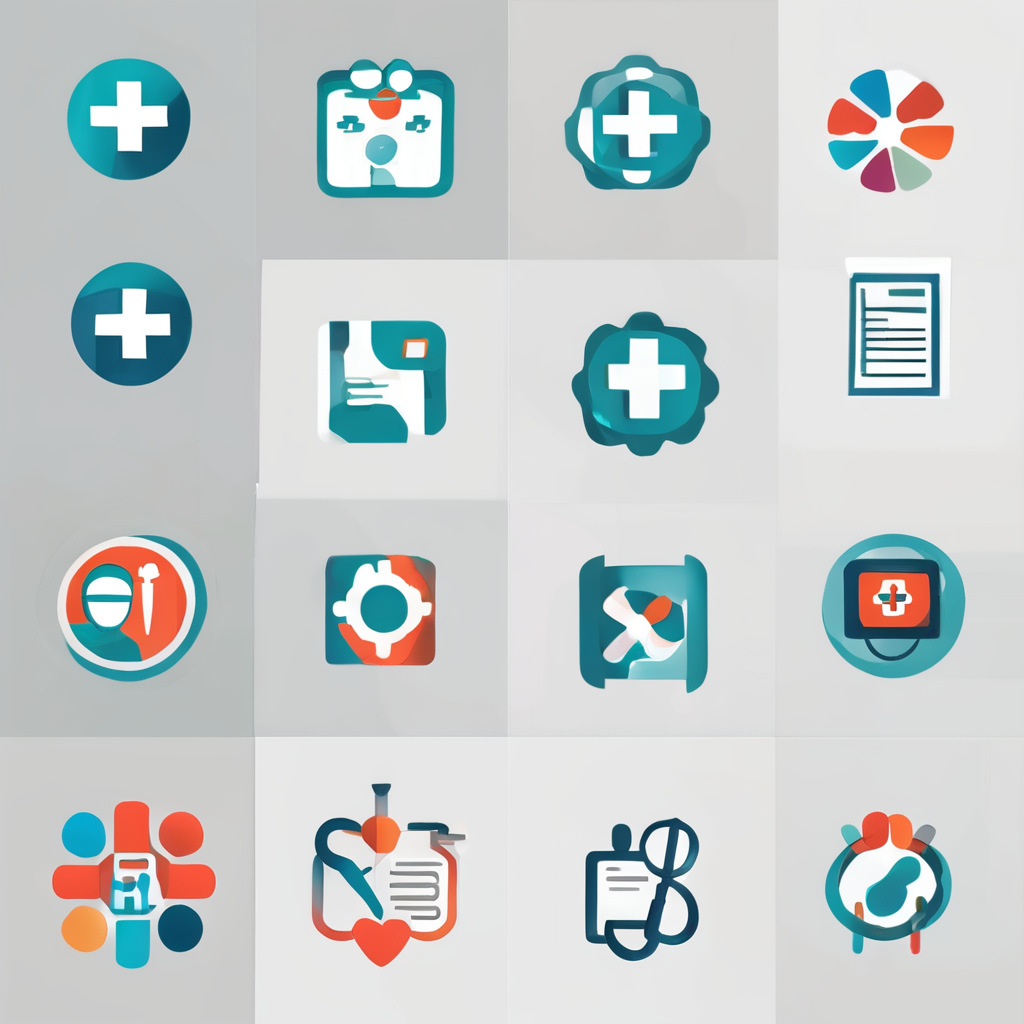In the rapidly evolving landscape of healthcare, staying abreast of the latest advancements in medical technology is crucial for health professionals. The increasing integration of digital devices and data-driven solutions in the sector necessitates continuous learning and adaptation. This article explores the various training resources available to healthcare professionals in the UK, ensuring they remain proficient and capable of delivering top-notch care to their patients. As technology continues to reshape the NHS and private health systems, understanding these resources is vital for a competent and prepared workforce.
Digital Learning Platforms
The rise of digital platforms has revolutionized the way medical professionals access educational resources. These platforms offer a convenient, flexible approach to learning, enabling healthcare professionals to update their skills from anywhere at any time.
Prominent Platforms
Several notable platforms cater specifically to the needs of the medical sector. Digital learning solutions like BMJ Learning, Medscape Education, and FutureLearn provide a plethora of courses designed to enhance knowledge in fields such as patient care, risk management, and new technologies.
In the same genre : What strategies should UK health professionals adopt to improve patient adherence to treatment plans?
Microlearning Opportunities
Microlearning breaks down complex subjects into concise, digestible modules. This method is particularly effective in accommodating busy schedules, allowing professionals to explore topics like AI in healthcare, the use of wearable devices, and telemedicine innovations. By focusing on specific areas of interest or need, health professionals can efficiently update their expertise.
Interactive Webinars and Workshops
Virtual webinars and online workshops offer rich, interactive experiences. These sessions bring together experts from various medical fields, fostering an environment of shared knowledge and collaboration. Participants can engage in discussions on emerging trends, such as personalized medicine and the digital transformation of the healthcare system.
Also to see : How can UK health professionals enhance their skills in trauma-informed care?
Professional Networking and Peer Learning
Building a robust professional network is invaluable for staying informed about the latest technological advancements in healthcare. Engaging with peers allows professionals to share insights, experiences, and best practices.
Medical Conferences and Symposia
Conferences and symposia serve as critical forums for learning and idea exchange. Events such as the Digital Health and Care Conference and the NHS Health and Care Innovation Expo provide opportunities to delve into innovations reshaping the sector. Attendees can explore the latest approaches to patient-centered care, enhanced by digital tools and data analytics.
Online Professional Communities
Platforms such as LinkedIn and specialized forums like Doctors.net.uk foster continuous dialogue among healthcare professionals worldwide. These communities provide a space to discuss challenges, share resources, and highlight best practices in patient support. Engaging in these networks ensures that professionals stay informed about technological shifts and innovations.
Mentorship and Collaboration
Establishing mentorship relationships can significantly enhance career development. Experienced mentors guide newer professionals through the evolving landscape, offering insights into technological integration in clinical practice. Collaboration with peers on projects or research can also lead to innovative solutions to prevalent healthcare challenges.
Institutional Training and Development Programs
The NHS and private healthcare institutions play a pivotal role in equipping their staff with the necessary skills to navigate modern technology in healthcare.
NHS Leadership Academy
This academy provides a comprehensive suite of programs aimed at developing leadership skills within the NHS. Through initiatives like the Mary Seacole Program, healthcare professionals are equipped not only with leadership tools but also with insights on leveraging digital solutions to enhance patient outcomes.
Continuing Professional Development (CPD)
CPD is a cornerstone of professional growth in healthcare. Structured learning modules offered by institutions, often in partnership with universities, cover a broad spectrum of topics ranging from clinical advancements to technology-driven patient care strategies.
In-House Training Programs
Hospitals and clinics frequently conduct in-house training sessions to familiarize staff with new medical devices and systems. These sessions often include hands-on workshops, ensuring professionals are comfortable using the latest tools to support patient care. By keeping the workforce up-to-date, institutions foster a culture of learning and innovation.
Self-Directed Learning and Open Resources
As the healthcare landscape becomes increasingly data-driven, self-directed learning has gained prominence, empowering professionals to take control of their education.
Open Access Journals and Publications
Open-access medical journals provide free access to a wealth of research and reviews. Publications such as the BMJ Open and The Lancet Digital Health offer insights into the latest developments in medical technology, including AI applications and healthcare system innovations.
Podcasts and Online Lectures
Podcasts like “Digital Health Today” and online lecture series from reputable institutions offer insights into cutting-edge technologies and their applications. These resources allow professionals to explore topics of interest during commutes or in-between duties, facilitating continuous learning.
Research and Case Studies
Delving into research papers and case studies empowers professionals to adopt evidence-based practices. By understanding the outcomes of new technologies in clinical settings, healthcare practitioners can better evaluate risks and opportunities tied to technological adoption.
As technology continues to shape the future of healthcare, staying informed and updated is imperative for health professionals. The diverse range of training resources available—from digital platforms to institutional programs and peer networks—ensures that the UK’s medical workforce remains at the cutting edge of healthcare delivery. By embracing these avenues for learning, professionals are better equipped to meet the needs of their patients, mitigate risks, and advance the quality of care within the dynamic landscape of modern medicine.











